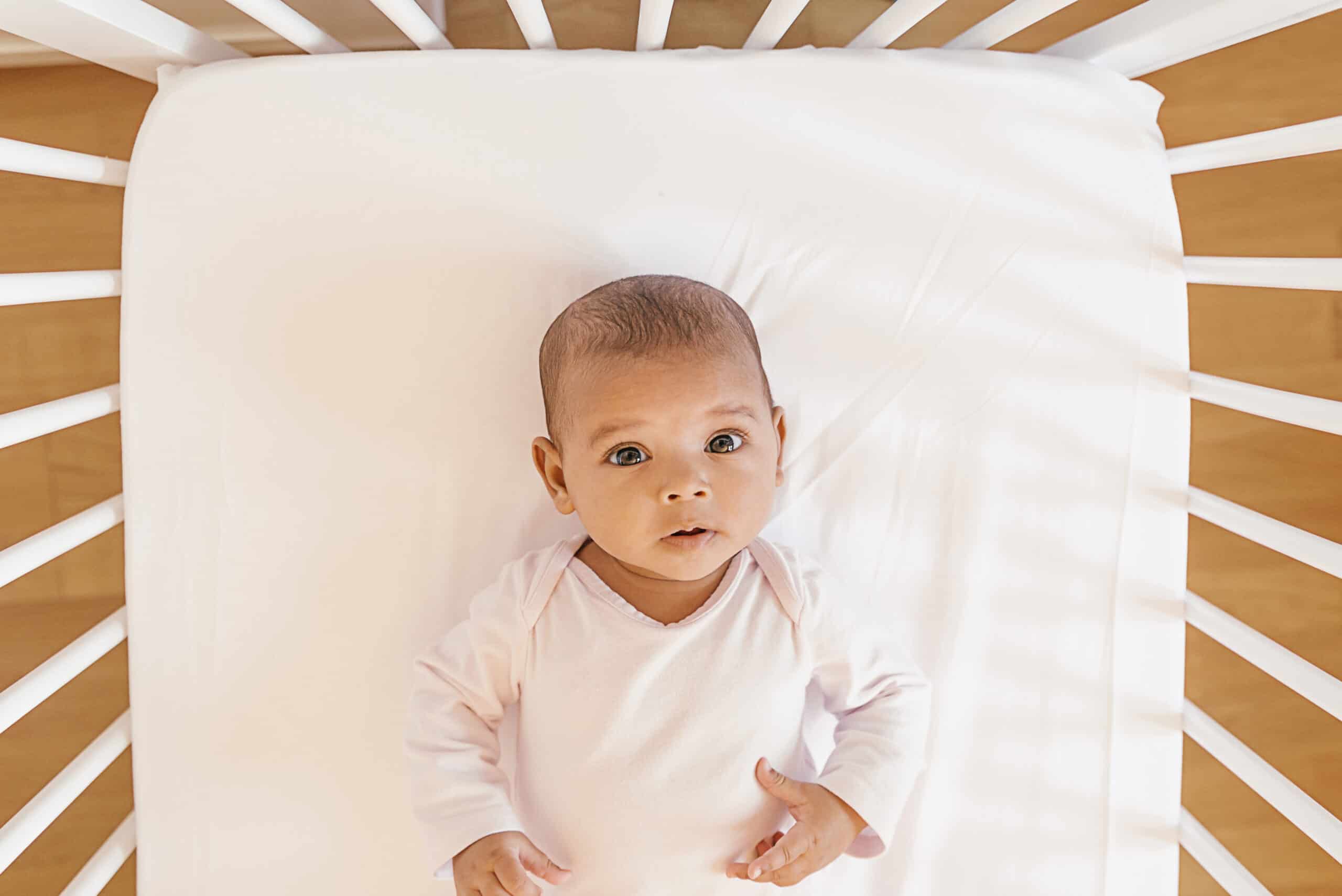6 Ways to Prevent Sudden Unexpected Infant Death Syndrome
October is sudden infant death syndrome (SIDS) awareness month, which takes the lives of thousands of babies each year and is the leading cause of death for ages one month to one year. Sadly, emergency medicine physicians at Johns Hopkins All Children’s Hospital see families experience the tragic loss of infants a few times per year.
Sudden unexpected infant death syndrome (SUIDS) includes all unexpected deaths: those without a clear cause, such as SIDS, and those from a known cause, such as suffocation due to unsafe sleeping conditions. One-half of all SUID cases are SIDS, which is the unexplained death of a baby younger than 1 year of age that doesn’t have a known cause, but could be related to heart or neurologic problems. Babies are at risk in their first month of life, but more commonly at one month to four months old and often their sleep-environment can play a factor.
It’s heartbreaking whenever a family loses a child, and staff remember those patients when they witness unsafe practices during emergency visits. This prompts our physicians and nurses to provide the most up-to-date education about safe sleep practices. It is personal mission of mine to prevent these deaths, as I serve on a committee which reviews all cases of unexpected pediatric death in Pinellas and Polk counties, and identify community resources to prevent future deaths. Nearly every case referred to as SUIDS reveals unsafe sleeping conditions such as infants in a parent’s bed, under blankets and/or sleeping in a Pack ‘n Play with toys and laundry, but there are ways to prevent these tragedies
6 Ways to Provide a Safe Sleep Environment
There is no way to 100 percent prevent SIDS/SUIDS, but there are many ways to reduce your baby's risk:
- Use/buy a newer crib: Babies should only sleep in a crib (not in bed with parents, on couch, in car seat, etc.), but it’s also important to avoid purchasing an older crib, play yard or bassinet that’s not up to safety standards. Cribs should have slats that are no more than 2⅜ inches apart.
- Make note of surroundings: Never place a crib near a window with blinds/cords or anything baby could reach.
- Place baby on back in bare crib: Not only should your baby be on his or her back but there should not be anything in the bed. This includes bumper pads, pillows, blankets/covers or positioning devices/wedges that could cause accidental suffocation or strangulation.
- Keep it cool: Keep the temperature in your baby’s bedroom cool to avoid overheating.
- Breastfeed when possible: Several recent studies show breastmilk has protective effects against SIDS, not to mention it can boost baby’s immune system and supports brain health.
- Don’t expose baby to smoke: Avoid smoking or having anyone in/around the house smoke before or after birth as this could affect baby’s breathing.
Many new parents may still worry and check on newborns during the night to see if they are still breathing. If their chest is rising and you hear light breaths and see normal coloring, they are likely just fine. However, heavy or consistent rapid breathing and no chest movement warrants a call to your pediatrician, or in an emergency, call 9-1-1.
Visit HopkinsAllChildrens.org/parenting for more tips on safe sleep and other questions about babies and toddler health.
*Presented by John's Hopkins All Children's Hospital
Read More: Health + Wellness Articles


